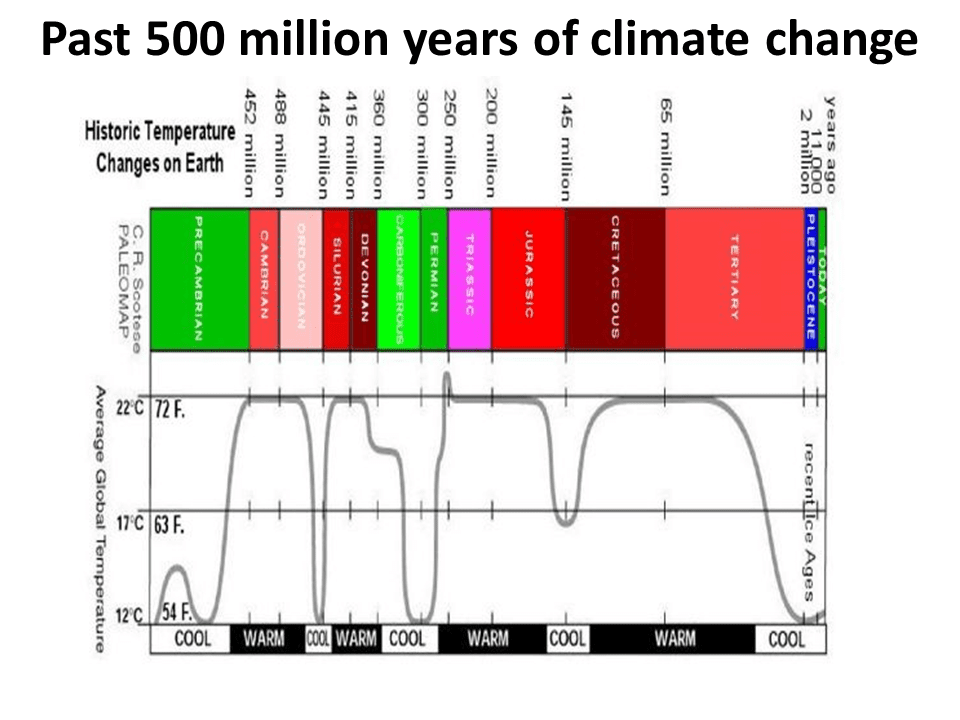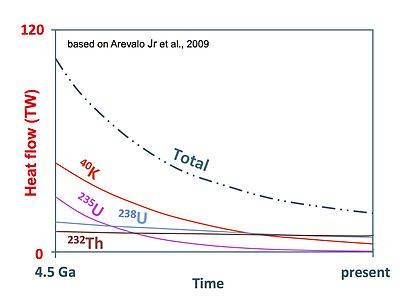- Dec 18, 2013
- 136,322
- 27,890
- 2,180
holy crap RK the sun makes the earth warm. I don't think the left on here will want to see that chart.The OP is a moron.NASA: Earth Tops Hottest 12 Months On Record Again, Thanks To Warm February
by Joe Romm Posted on March 15, 2015 at 11:18 am
"NASA: Earth Tops Hottest 12 Months On Record Again, Thanks To Warm February"
There had never been as hot a 12-month period in NASA’s database as February 2014–January 2015. But that turned out to be a very short-lived record.
NASA reported this weekend that last month was the second-hottest February on record, which now makes March 2014–February 2015 the hottest 12 months on record. This is using a 12-month moving average, so we can “see the march of temperature change over time,” rather than just once every calendar year.
We are experiencing the continuation of the global warming trend that made 2014 the hottest calendar year on record. The very latest science says we should expect an acceleration in surface temperature warming to start quite soon. What is happening now is consistent with that.
Once again February has been cold for those of us living in the eastern and northeastern U.S. — and once again, the rest of the country and the globe is quite warm, with large parts of Asia and Alaska experiencing nearly off-the-charts heat. That’s clear in the NASA chart below for February temperatures, whose upper range extends to a whopping 8.4°C (15.1°F) above the 1951-1980 average!
2015 might beat 2014! Maybe our first .7c year??? We will see.
All you have is insults. Poor little anti-science loserterian fool. lol
Can you prove that the past 12 months weren't the warmest? The datasets seem to show that it was.
Your just a moron trolling for grant money from dumb asses that are willing to pay you for your sky is falling bullshit.





